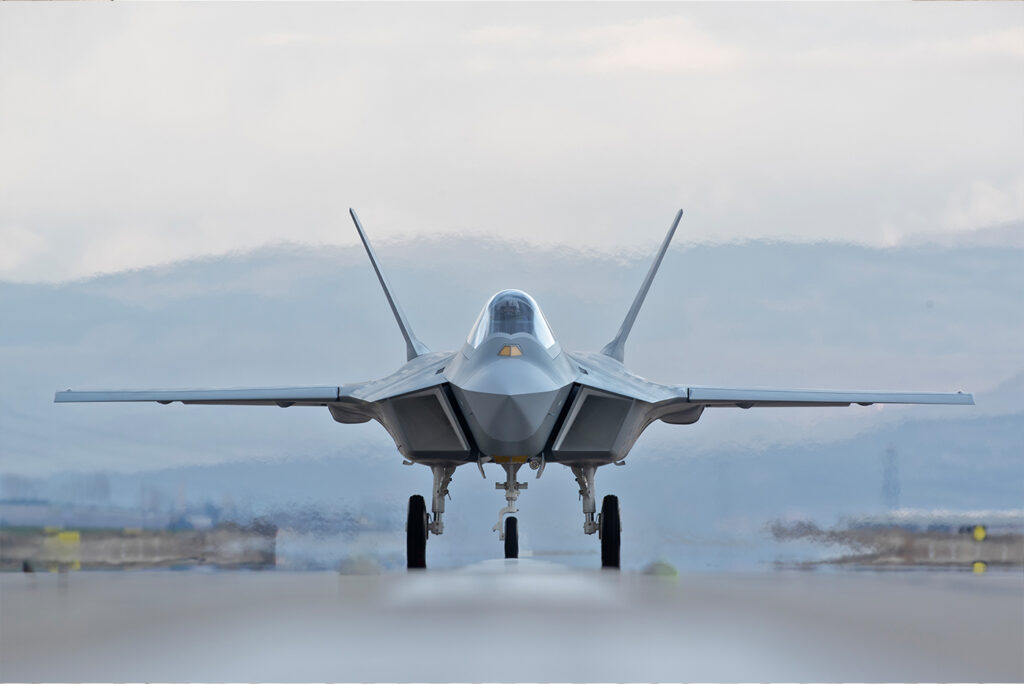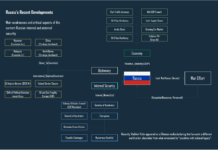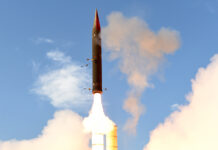The Turkish government has indicated that its defence budget for 2024 will be two-and-a-half times the amount allocated for 2023.
In a presentation at the Presidential Complex in Ankara on 17 October 2023 Turkish Vice President Cevdet Yilmaz noted that Turkey will allocate more than USD 40 Bn (EUR 37.9 Bn) to its defence budget for 2024 compared with around USD 16 Bn for 2023.
Yilmaz also noted that the government aimed to almost double the value of Turkey’s defence exports – to USD 11 Bn in 2024 from the current USD 6 Bn – and to increase Turkish self-sufficiency in defence equipment to 85% from 2023’s 80%.
Turkey has been striving hard in recent years to become self-sufficient in increasingly complex defence platforms. The most notable of these is the Turkish Aerospace Kaan fifth-generation fighter, previously known as the TF-X, or Milli Muharip Uçak (National Combat Aircraft), which was rolled out on 17 March 2023 and, at least before Turkey suffered a significant earthquake on 6 February 2023, was due to make its maiden flight this year.

Turkish Aerospace’s Hürjet advanced jet trainer made its maiden flight on 25 April 2023.
Meanwhile, Turkish company Baykar has had considerable success in both developing and exporting unmanned aerial vehicles (UAV).
The Turkish push for greater self-sufficiency in defence was given significant impetus in 2019 when Turkey was ejected from the F-35 Jint Strike Fighter programme for refusing to abandon acquisition of the Russian S-400 air defence system.
Also on 17 October the Turkish parliament voted to extend the mandate that allows its armed forces to conduct cross-border operations into Syria and Iraq for another two years.













